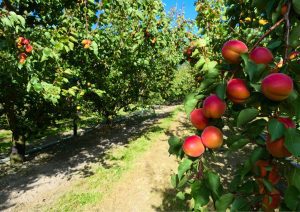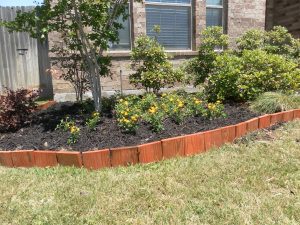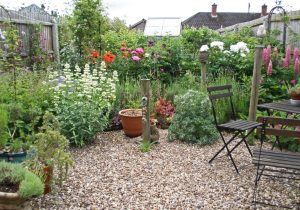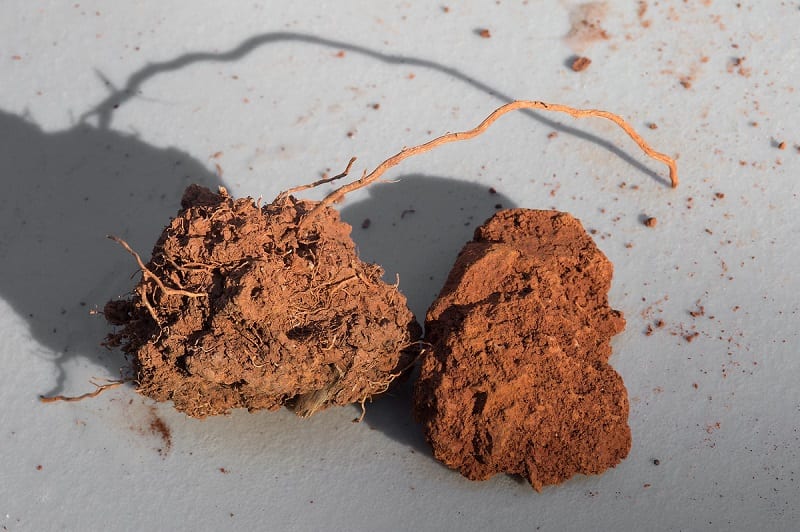
Have you ever noticed the amount of work needed to dig a hole in really hard, overly dense dirt? If you have, then you will agree that it is always easier to dig a hole in soft, loose soil.
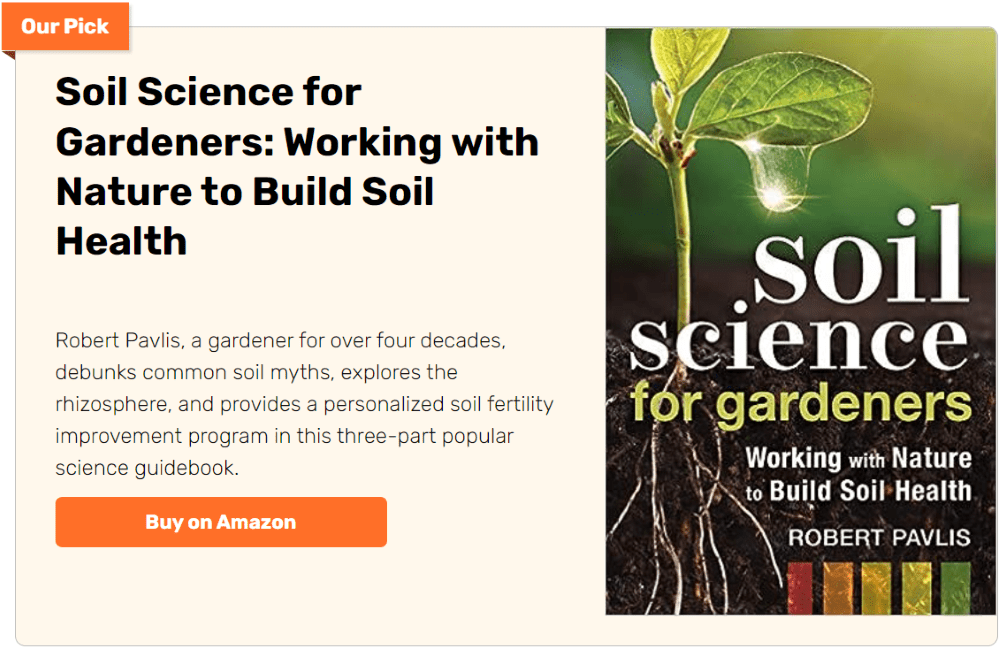
Soil that is hard and dry is often compacted. That means that it has been packed down, making it denser and more difficult to penetrate.
How Does Compacted Soil Affect Your Garden
Contents
Soil that has become compacted is not only harder to work, it can also discourage beneficial organisms from your garden. Even worse, plants do not grow well in compacted dirt. Plant roots cannot penetrate dense, hard-packed soil.
Beyond this, when soil is too compact, water does not percolate through the ground. When water cannot move through the ground properly, plant roots can suffocate.
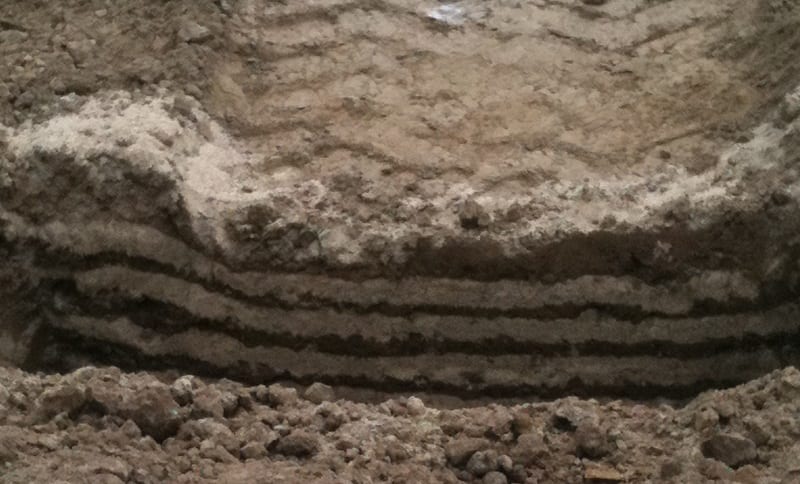
Signs of Compacted Soil: Identifying Common Issues in Your Garden
A thriving garden begins with healthy soil, providing the essential nutrients and aeration necessary for plant growth. However, over time, soil can become compacted, inhibiting root growth, reducing water infiltration, and impeding the overall health of your garden.
Recognizing the signs of compacted soil is crucial for maintaining a vibrant garden and addressing potential issues before they escalate. In this comprehensive guide, explore the telltale signs of compacted soil, the factors contributing to its formation, and effective strategies for remediation.
Compacted soil occurs when the soil particles are pressed tightly together, reducing pore space and limiting the movement of air, water, and nutrients within the soil profile. This compression can occur naturally over time due to factors such as foot traffic, heavy machinery, or the settlement of soil particles. Additionally, environmental conditions such as heavy rainfall or irrigation can exacerbate soil compaction, leading to further deterioration of soil structure.
Common Signs of Compacted Soil
1. Poor Drainage
One of the most common signs of compacted soil is poor drainage, characterized by water pooling or runoff on the surface rather than infiltrating into the soil. Compacted soil lacks the pore space necessary for water to penetrate and percolate through the soil profile, resulting in surface runoff and waterlogged conditions.
2. Stunted Plant Growth
Plants growing in compacted soil may exhibit stunted growth or limited root development due to restricted access to air, water, and nutrients. Shallow root systems are unable to penetrate the compacted layers, leading to reduced nutrient uptake and increased susceptibility to stressors such as drought or disease.
3. Soil Crusting
Compacted soil often forms a hard crust or surface layer, preventing moisture from infiltrating into the soil and inhibiting seed germination and plant emergence. Soil crusting can also impede gas exchange, leading to anaerobic conditions and nutrient deficiencies in the root zone.
4. Increased Surface Erosion
Compacted soil is more prone to surface erosion, especially during heavy rainfall or irrigation events. Without sufficient pore space to absorb and retain water, runoff can carry away valuable topsoil and organic matter, further exacerbating soil degradation and erosion.
When the runoff gains momentum, it becomes a potent erosive force, carrying away soil particles, organic matter, and other debris in its path.
5. Standing Water
In areas with compacted soil, standing water may accumulate on the surface, creating boggy or waterlogged conditions that are unsuitable for many plant species. Excess moisture can suffocate plant roots and promote the growth of water-loving weeds and pathogens, further compromising the health of your garden.
Recognizing the signs of compacted soil is essential for maintaining a healthy and productive garden. By understanding the causes and consequences of soil compaction, you can implement effective remediation strategies to improve soil structure and promote optimal plant growth.
Reasons for Soil Compaction
Soil compaction happens when air pockets in between the components of the soil collapse. This can be caused by pressure from foot traffic or heavy machinery.
The quantity of sunlight and moisture can affect how susceptible an area is to compaction. That is because soil can also become overly dense when the ground is worked in less than ideal conditions. If the soil is too wet – or too dry – when you till, its structure can collapse
Then there is the lack of organic material, which can cause soil to clump and settle together, becoming denser.
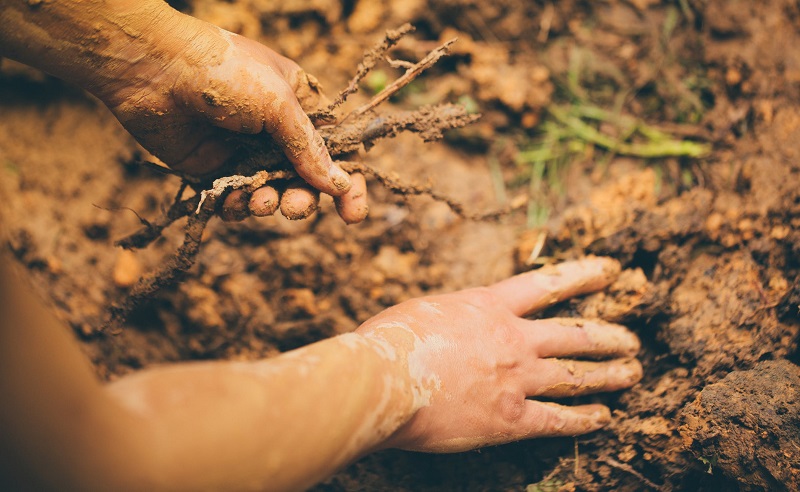
How to Prevent Soil Compaction
Of course, the best way to deal with soil compaction is to make sure it does not happen at all. That means you should avoid tilling your soil when it is too wet or too dry.
In fact, if you can, avoid tilling your soil at all. Instead of tilling, enrich it with mulches, composts, and living plant roots. Mulches can include shredded leaves, wood chips, and cover crops.
Do not stand or step on your garden beds. Having said that, you should not make your beds wider than 4 feet if you have a walking path on either side. A narrower bed allows you to easily reach the areas in the middle from either side without having to step into the bed itself.
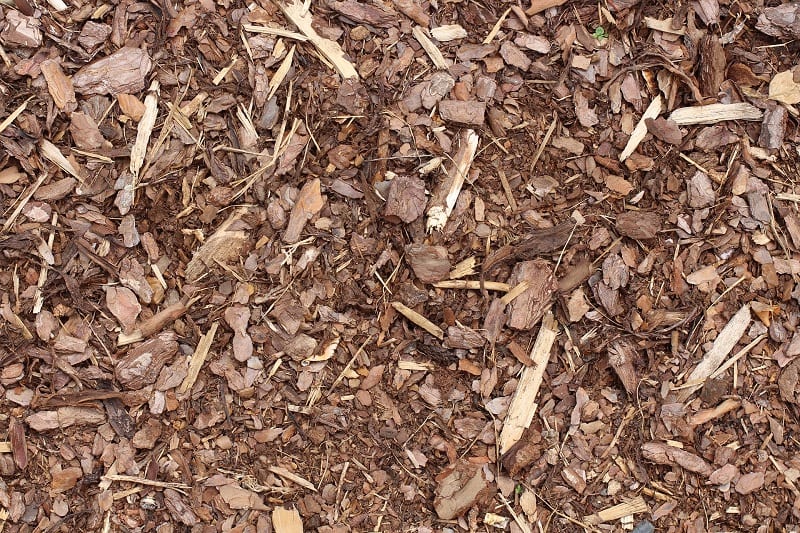
How to Improve Compacted Soil
You can loosen compacted soil with an aerator. The machine will remove clumps of soil or puncture the ground to allow room for the soil to expand and decompress.
Top-dressing planting beds with several inches of compost or organic mulch will improve lightly compacted soils. Earthworms and other soil fauna will gradually pull the material down into the soil, loosening it and improving its water-absorption capacity.
Improving compacted soil will require extra gardening time, but the work you put in will be well-worth the effort.
Wrapping It UP
In the pursuit of a flourishing garden, the condition of the soil plays a paramount role. Compacted soil poses a significant challenge to plant health and growth, hindering root penetration, water infiltration, and nutrient uptake. However, armed with knowledge and proactive measures, gardeners can effectively address compacted soil issues and cultivate an environment conducive to robust plant growth.
Compacted soil arises from a myriad of factors, including foot traffic, heavy machinery, and adverse weather conditions, leading to the compression of soil particles and reduction of pore space. The consequences of compacted soil are far-reaching, manifesting in poor drainage, stunted plant growth, soil crusting, increased erosion, and waterlogging. Recognizing these signs is essential for timely intervention and soil remediation efforts to restore soil health and vitality.
Addressing compacted soil requires a multifaceted approach, incorporating a range of remediation strategies tailored to the specific needs of the garden. Aeration emerges as a cornerstone technique, facilitating the loosening of soil and promoting air, water, and nutrient movement within the soil profile.
Organic matter addition stands as another potent tool, enriching the soil with vital nutrients and enhancing soil structure, while mulching serves to protect the soil surface, regulate moisture levels, and suppress weed growth.
Raised beds offer a practical solution for circumventing soil compaction issues, providing a controlled growing environment conducive to healthy plant development. Cover cropping emerges as a proactive measure to prevent soil compaction, harnessing the power of diverse plant species to improve soil structure, suppress weeds, and enhance soil fertility.
Frequently Asked Questions
1. How can you determine if your soil is compacted?
Signs of compacted soil include poor drainage, stunted plant growth, soil crusting, increased erosion, and standing water. Conducting a simple soil compaction test, such as the “squeeze test” or “soil penetrometer test,” can also provide valuable insights into soil density levels.
2. What are the best tools for aerating compacted soil?
Core aerators, spike aerators, and mechanical tillers are commonly used tools for aerating compacted soil. Choose a tool that is appropriate for the size of your garden and the severity of soil compaction.
3. How often should you aerate your garden soil?
The frequency of soil aeration depends on various factors, including soil type, climate, and usage patterns. As a general rule of thumb, consider aerating your garden soil once or twice a year, preferably in the spring or fall when soil moisture levels are optimal.
4. What types of organic matter are best for improving soil structure?
Organic matter such as compost, aged manure, leaf litter, and grass clippings are excellent choices for improving soil structure and fertility. These materials contribute essential nutrients, enhance soil moisture retention, and promote beneficial microbial activity.
5. Can you prevent soil compaction in my garden without using heavy machinery?
Yes, there are several ways to prevent soil compaction in your garden without relying on heavy machinery. Implementing practices such as mulching, cover cropping, and raised bed gardening can help maintain soil structure and prevent compaction over time.
No-till gardening is a sustainable approach that minimizes soil disturbance and compaction by avoiding traditional tilling and cultivation practices. Instead of turning over the soil with a tiller or hoe, gardeners work with the natural structure of the soil, adding organic amendments and mulch to enhance soil fertility and structure.


